Get Best FOB Shipping Rate from China
Competitive Rates for FOB Shipments
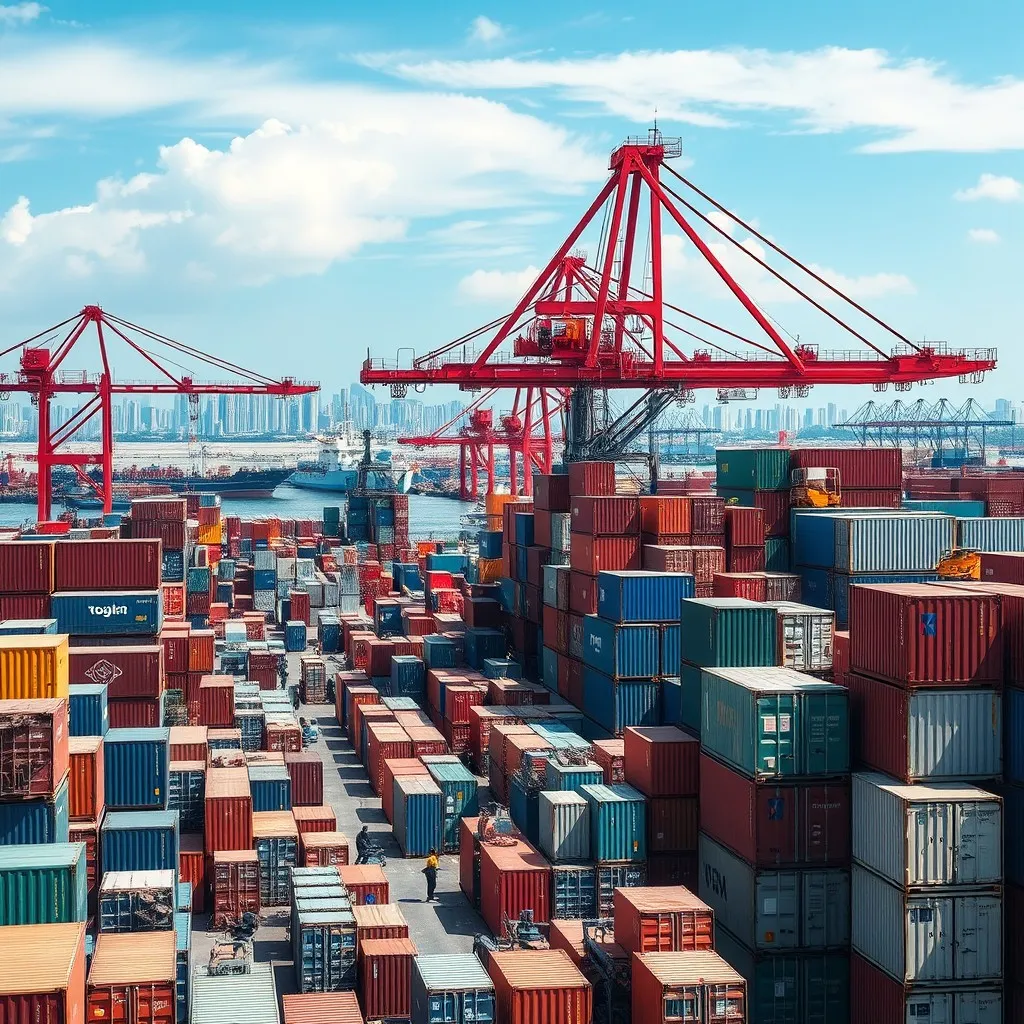
FOB Shenzhen
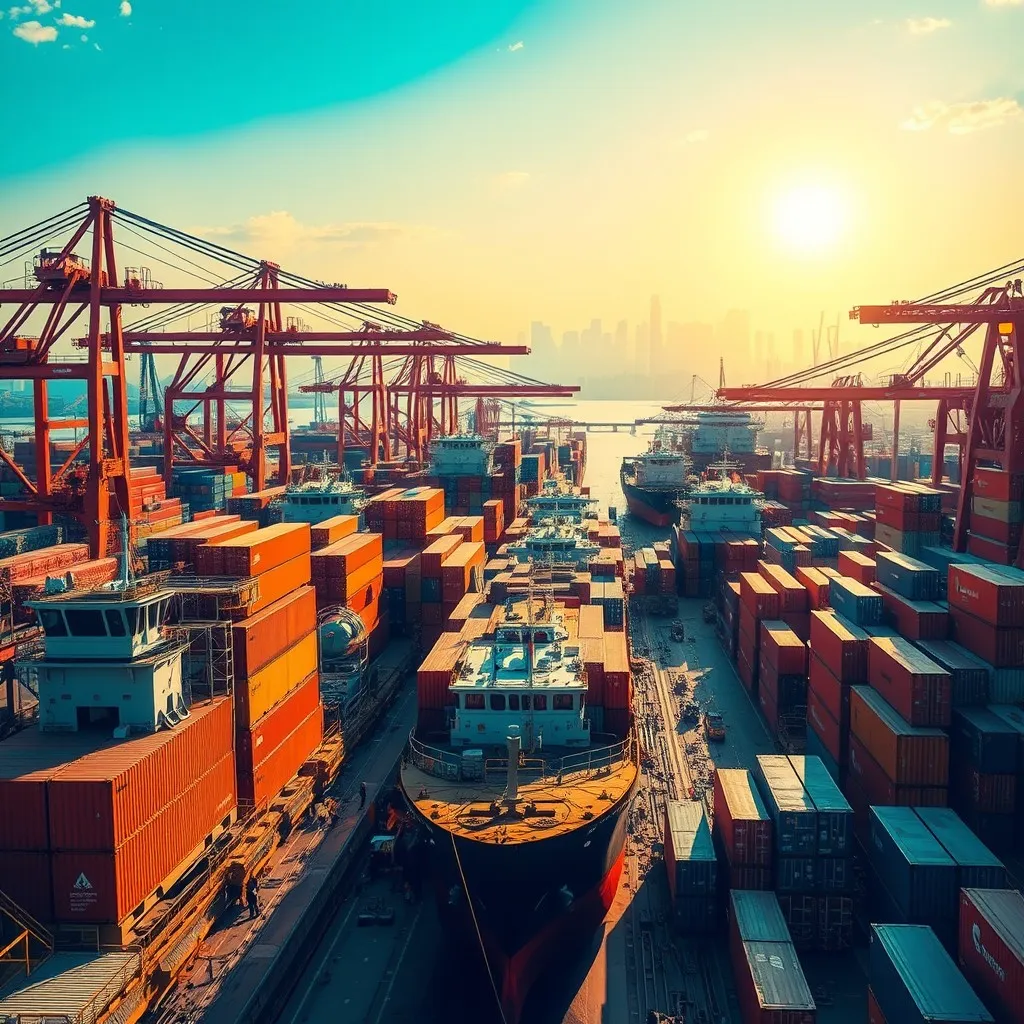
FOB Guangzhou
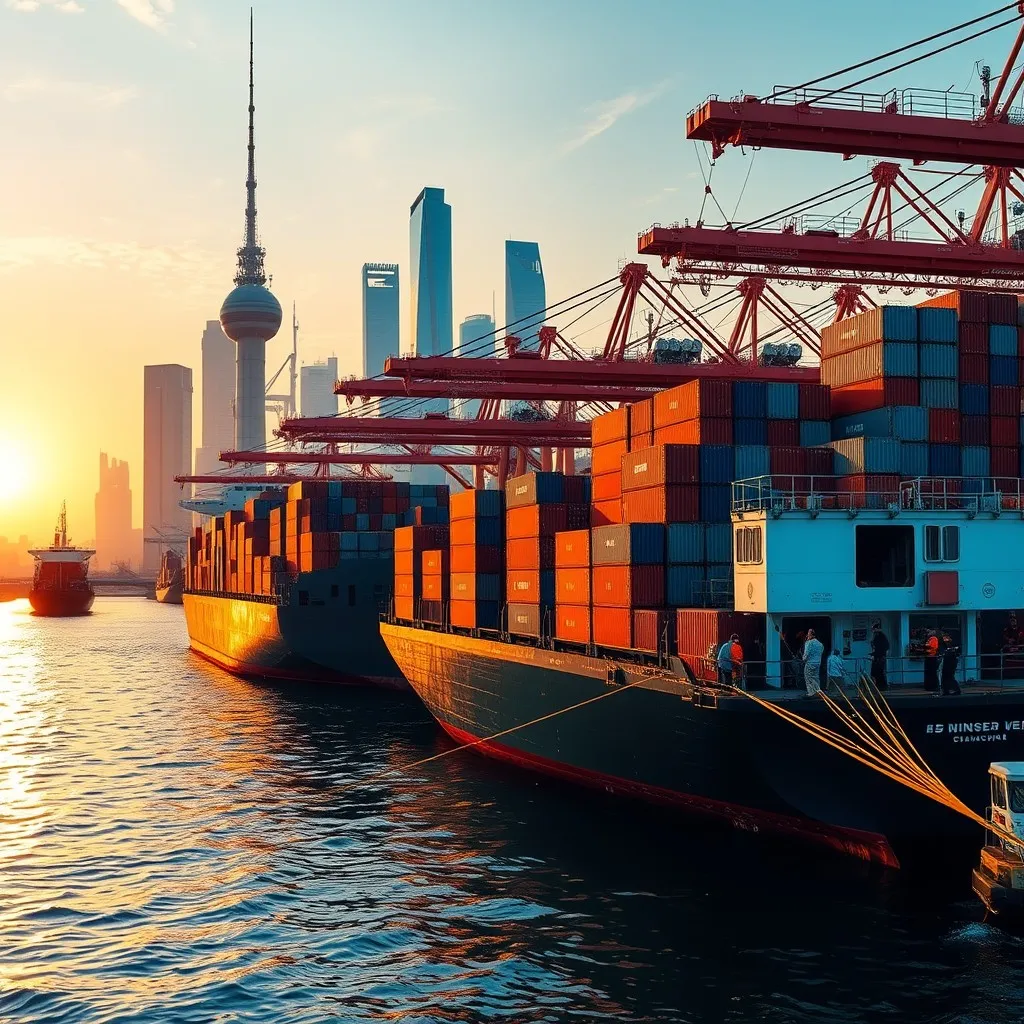
FOB Shanghai
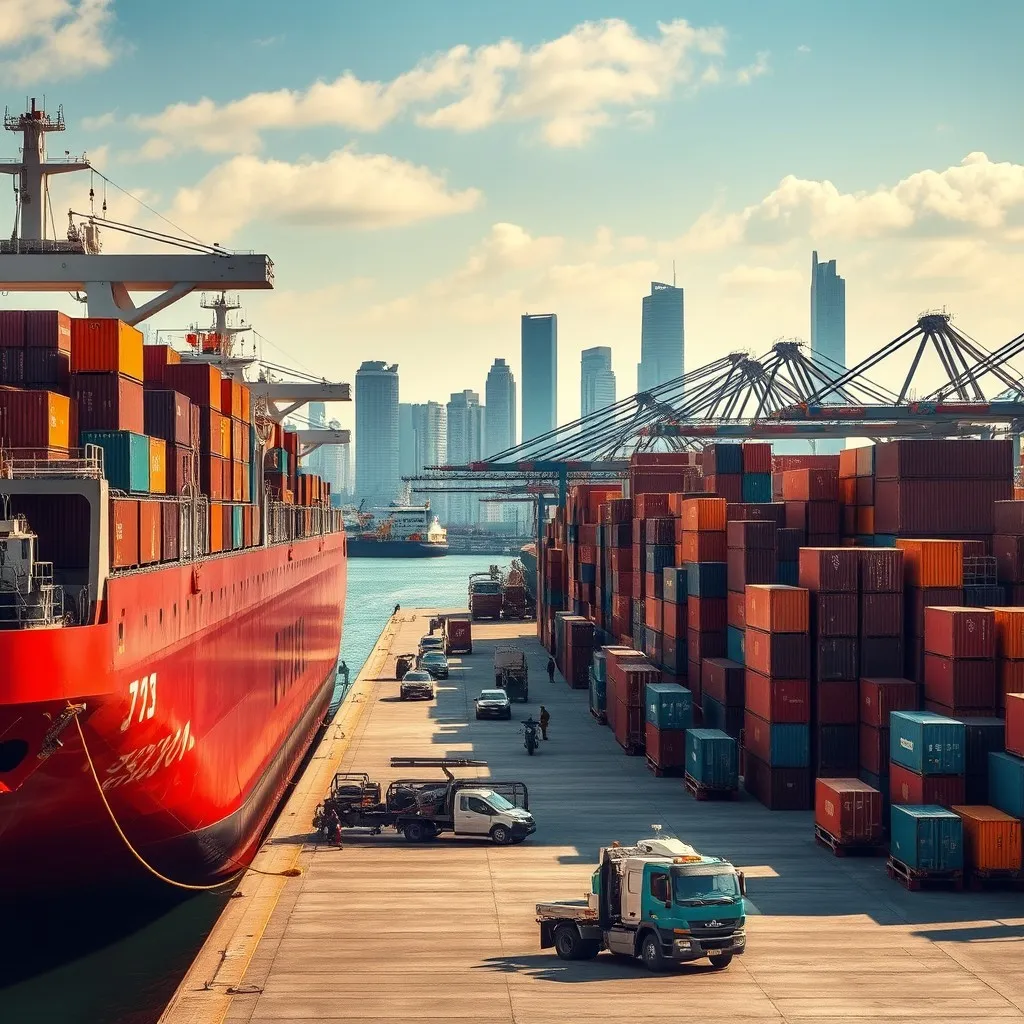
FOB Xiamen
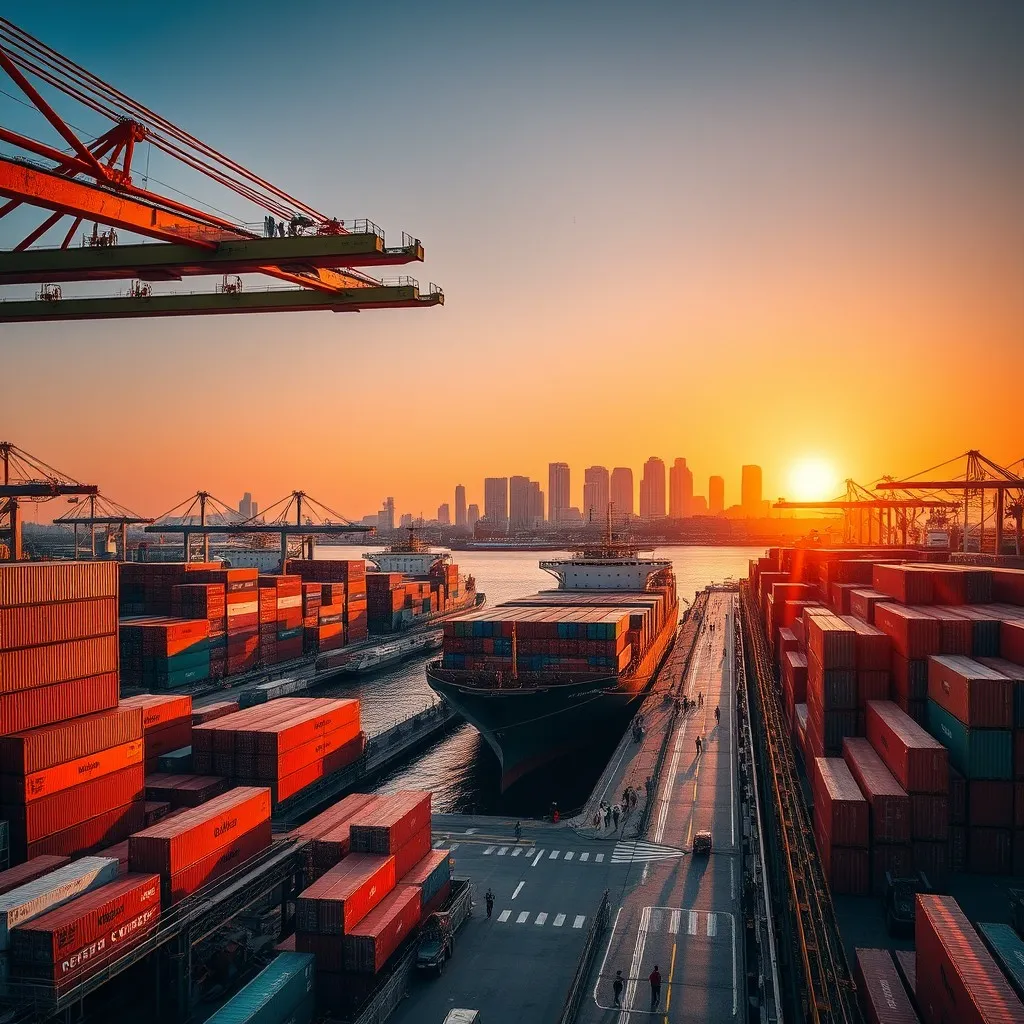
FOB Ningbo
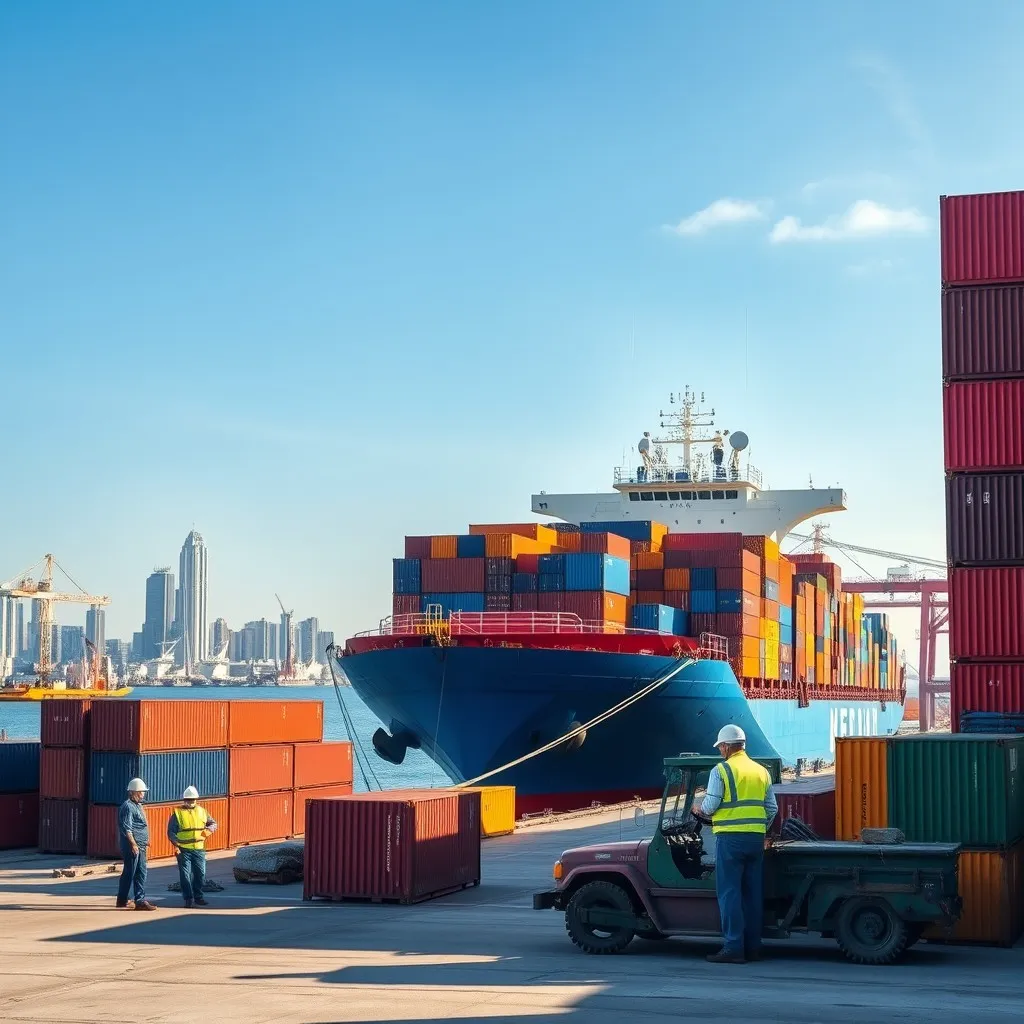
FOB Qingdao
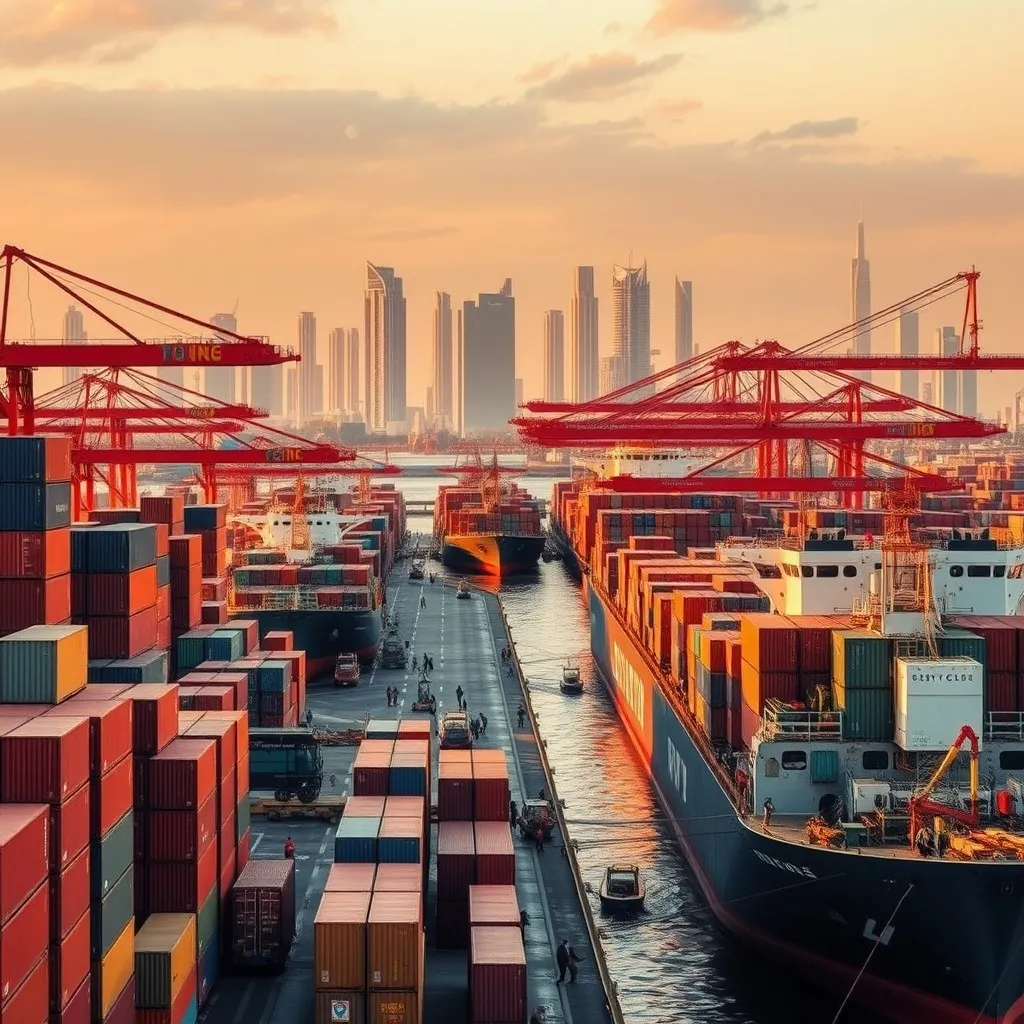
FOB Tianjin
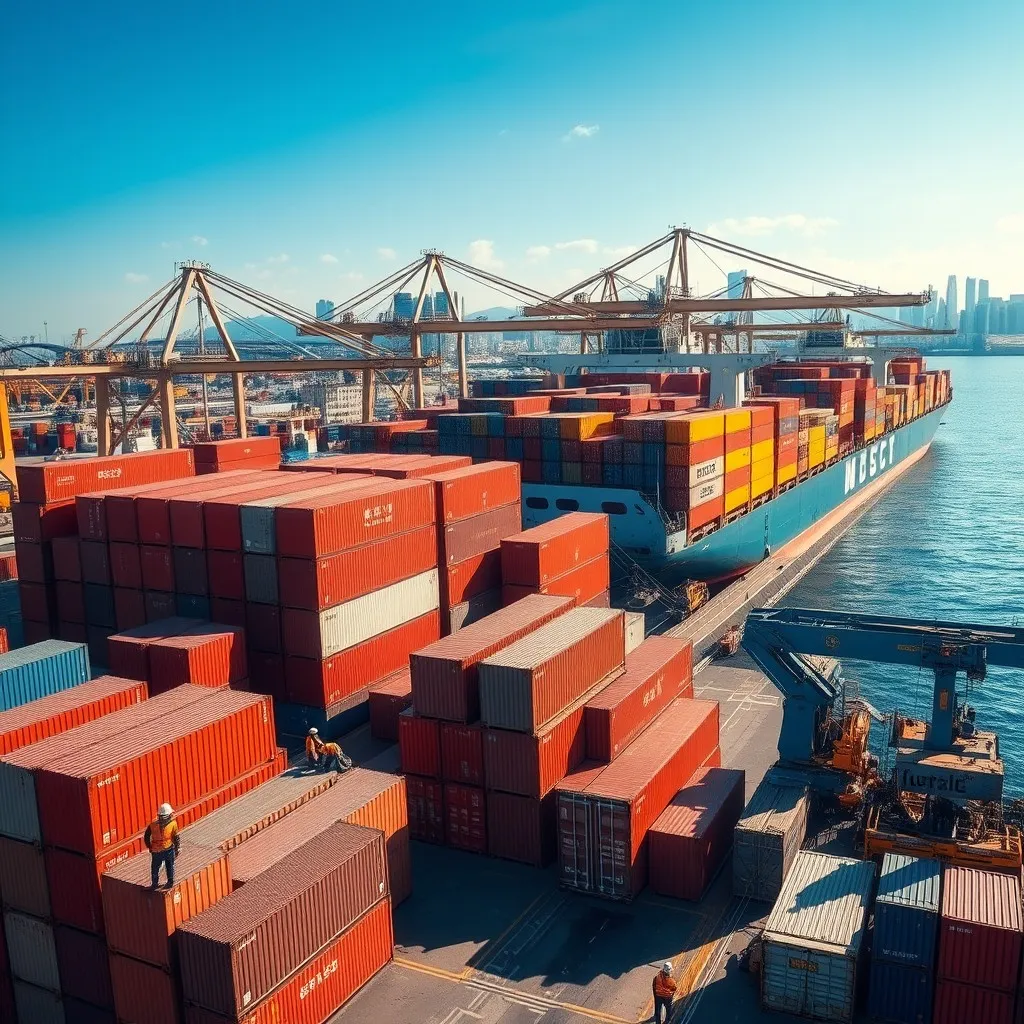
FOB Fuzhou
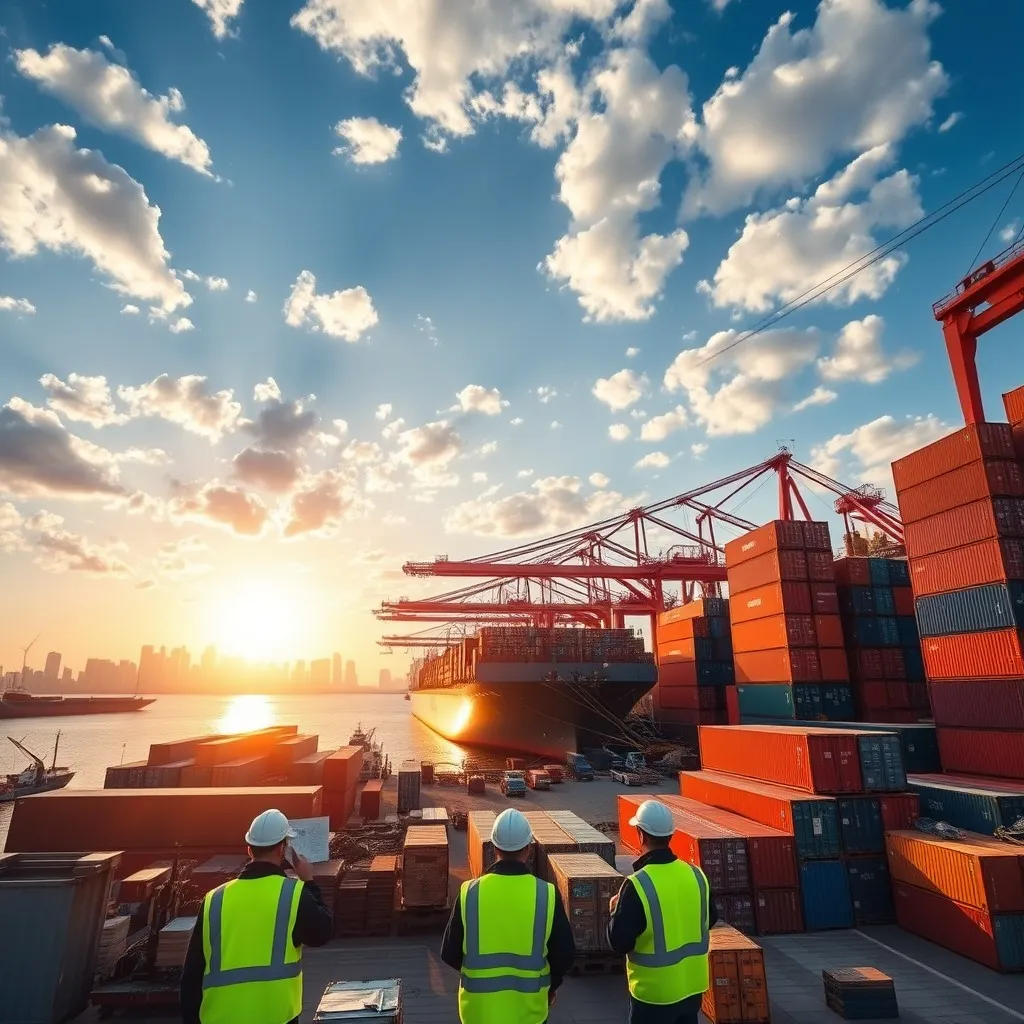
FOB Dalian
Calculate Your Shipping Costs from China
FCL Shipping from China
LCL Shipping from China
More Services When Shipping from China

Pickup and Delivery

Warehousing and Distribution
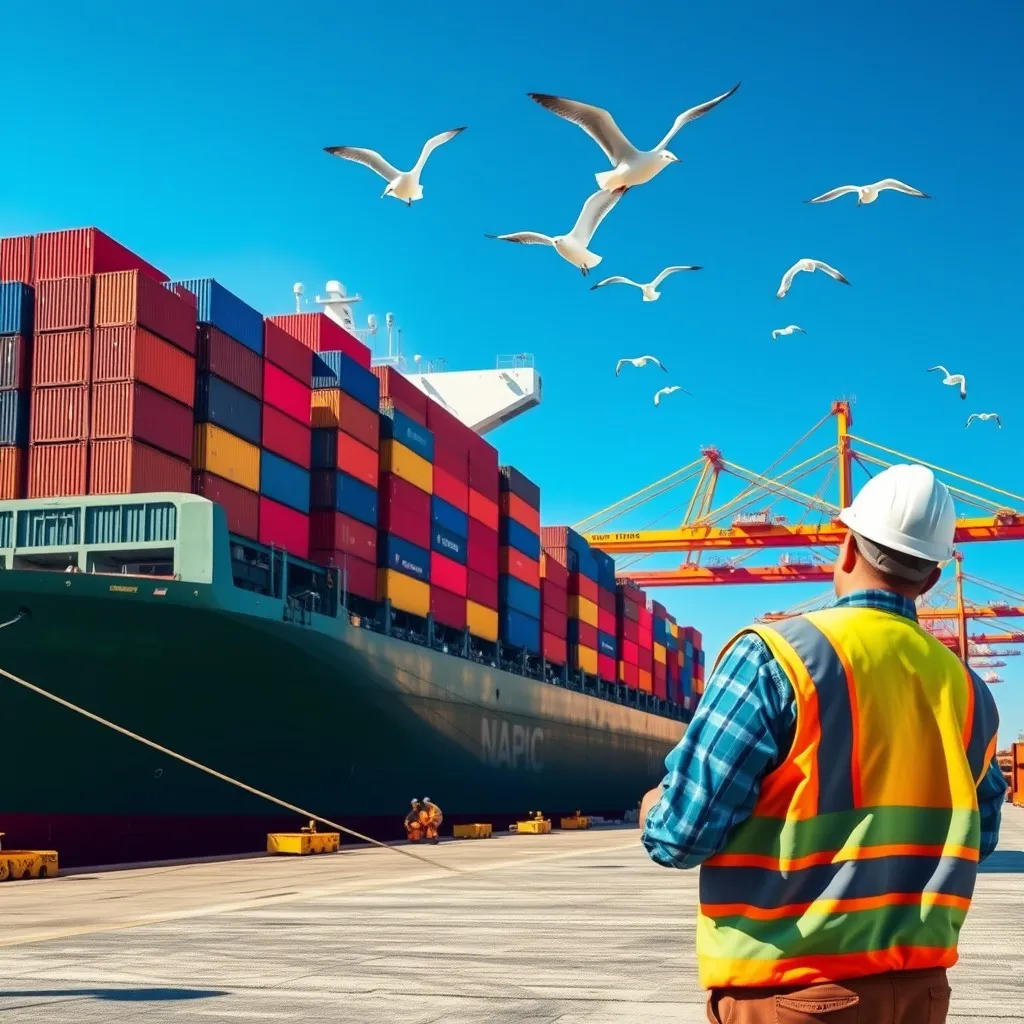
Cargo Insurance

Loading Oversight
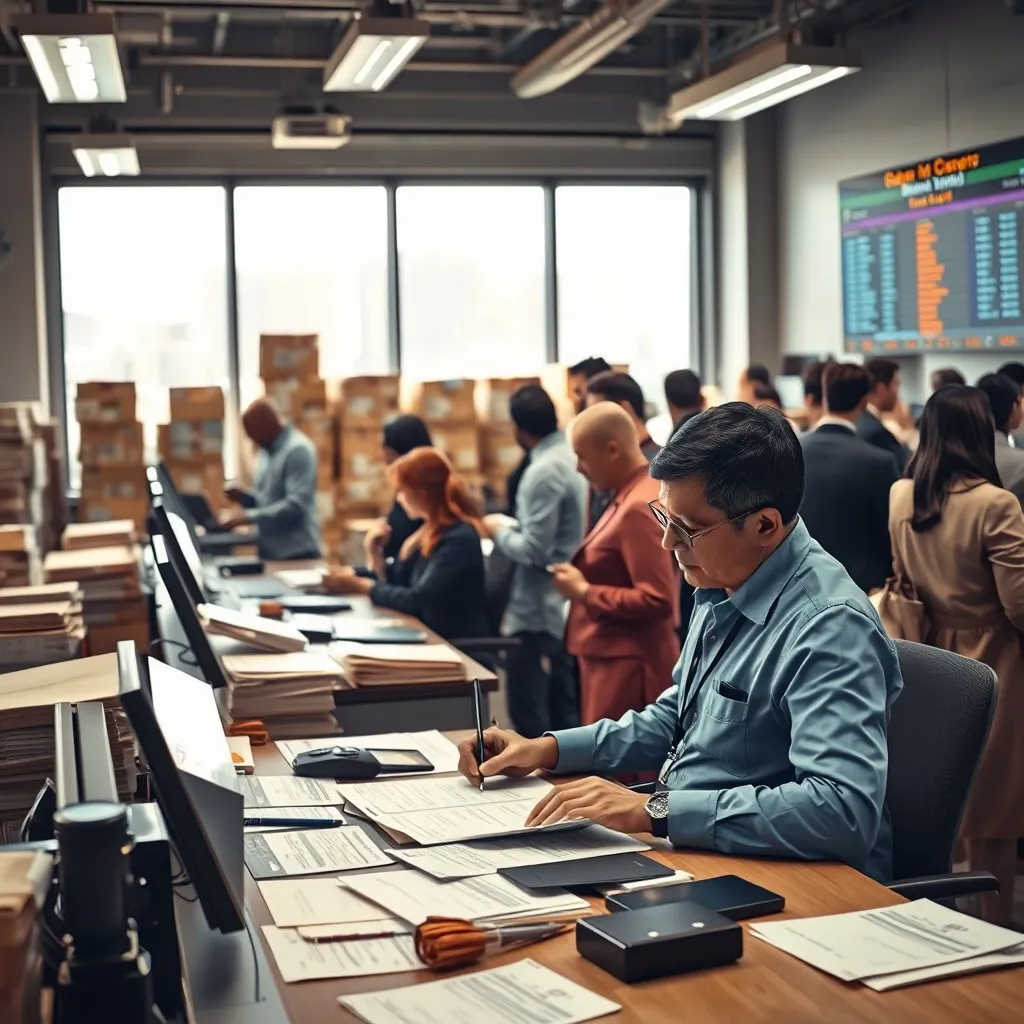
Customs Clearance

Real-Time Tracking
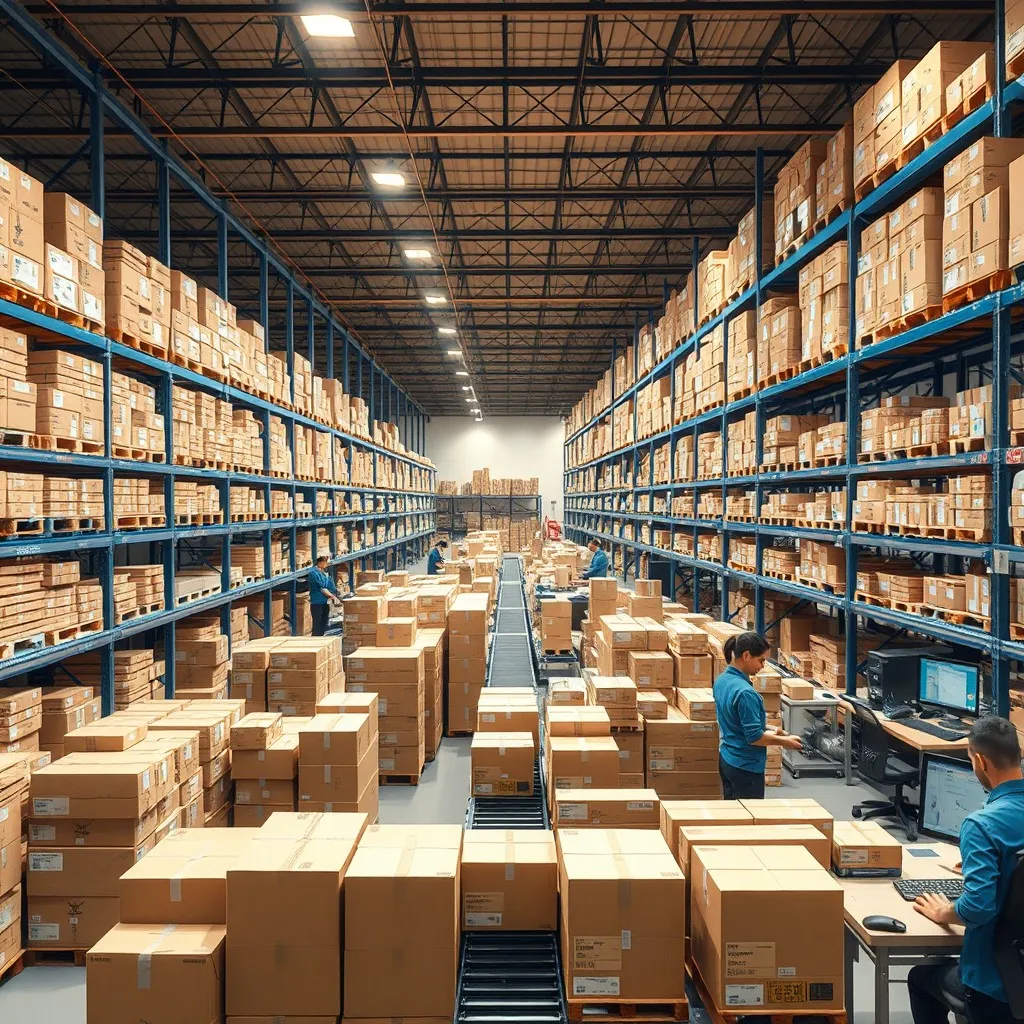
E-commerce Logistics Solutions

Express Delivery Options
Your Best FOB in China
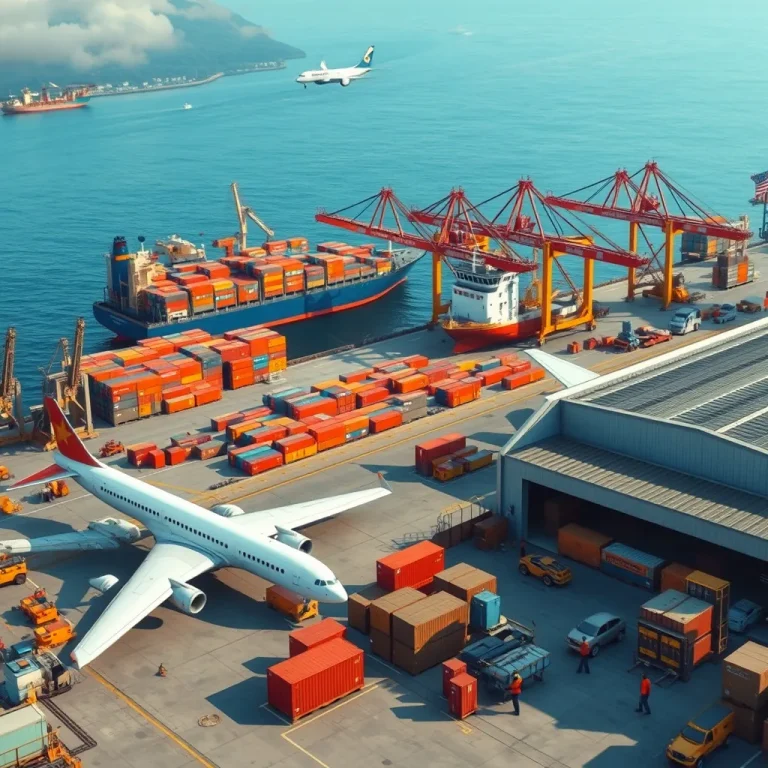
FOB Shipping from China: The Definitive Guide
When you’re diving into the world of international trade, particularly importing from China, you’ll likely encounter the term “FOB” or “Free on Board.” This crucial shipping term plays a significant role in global commerce, especially when dealing with Chinese manufacturers and suppliers.
FOB, one of the most popular Incoterms for imports from China, offers several key benefits. It clearly defines the point at which ownership and responsibility transfer from the seller to the buyer, typically when the goods cross the ship’s rail at the port of origin. This clarity can be a game-changer in managing your supply chain and controlling costs.
Importance in Global Trade
FOB’s importance in facilitating international commerce cannot be overstated. It’s particularly prevalent in China-based manufacturing and exports, where it helps streamline the complex process of moving goods across borders. By using FOB terms, you can effectively manage your cost structures and distribute risk between you and your Chinese suppliers.
Brief Overview of Incoterms
To fully grasp FOB, it’s essential to understand Incoterms. These are standardized international commercial terms that define the responsibilities of buyers and sellers in global trade transactions. While FOB is popular, it’s just one of several Incoterms you might encounter.
For instance, CIF (Cost, Insurance, and Freight) and EXW (Ex Works) are other common Incoterms. However, FOB holds a unique position for China imports due to its balance of responsibility and risk between the buyer and seller.
Understanding FOB Terms and Process
When you agree to FOB shipping, you’re essentially agreeing that the goods are “Free on Board” the ship at the port of origin. This means your Chinese supplier is responsible for getting the goods to the port and loaded onto the ship. Once the goods cross the ship’s rail, they become your responsibility.
Key Elements of FOB Shipping
Under FOB terms, your supplier’s responsibilities include proper packaging, export clearance, and loading the goods onto the ship at the named port of shipment. Once the goods are on board, your responsibilities kick in. You’ll need to arrange and pay for the main transportation, insurance, and handle import customs clearance.
The named port of shipment is a crucial element in FOB terms. It’s the specific location where the transfer of responsibility occurs, so it’s vital to have this clearly stated in your agreement.
Step-by-Step FOB Shipping Process
- Your supplier prepares and packages the goods according to your specifications.
- They arrange for export clearance in China, handling all necessary paperwork.
- The goods are transported to the agreed port of origin.
- At the port, your supplier oversees the loading of goods onto the ship.
- Once the goods cross the ship’s rail, the risk and responsibility transfer to you.
- From this point, you’re responsible for the main transportation and all subsequent processes.
Costs and Responsibilities in FOB Shipping
Understanding the cost breakdown of FOB shipping is crucial for managing your import expenses effectively. Typically, you’ll be responsible for the main freight costs, insurance, and import duties. Your supplier covers the costs up to and including loading at the port of origin.
Compared to other Incoterms, FOB often provides a good balance. For instance, with CIF terms, your supplier would cover more of the journey, potentially increasing your overall costs. With EXW, you’d be responsible for everything from the supplier’s factory onward, which can be complex when dealing with Chinese exports.
Seller’s Responsibilities
Your Chinese supplier’s responsibilities under FOB terms include:
- Properly packaging and marking the goods
- Obtaining export licenses and completing export customs clearance
- Delivering the goods to the port of shipment
- Loading the goods onto the vessel
Buyer’s Responsibilities
As the buyer, your responsibilities include:
- Arranging and paying for the main transportation from the port of origin
- Obtaining appropriate insurance coverage
- Handling import customs clearance and paying import duties
Managing Risks and Challenges in FOB Shipping
While FOB shipping from China offers many advantages, it’s not without risks. Common challenges include delays at the port, quality control issues, and unexpected fees. To mitigate these risks, it’s crucial to have clear communication with your supplier and possibly work with a reliable freight forwarder.
Insurance Considerations
One of the most important aspects of managing risk in FOB shipping is securing adequate cargo insurance. Since you bear the risk once the goods are on board the ship, it’s your responsibility to ensure they’re protected for the rest of the journey.
When purchasing insurance, consider coverage that begins from the moment the goods cross the ship’s rail. This ensures you’re protected for the entire duration of your responsibility. Failing to secure proper insurance could leave you vulnerable to significant losses if anything goes wrong during transit.
Overcoming Common Challenges
To navigate potential pitfalls in FOB shipping from China:
- Establish clear communication channels with your supplier to address delays promptly
- Implement robust quality control measures, possibly including third-party inspections before shipment
- Work with experienced freight forwarders who can help you anticipate and manage hidden fees or unexpected costs
- Familiarize yourself with Chinese holidays and potential port congestion periods to plan your shipments accordingly
Conclusion and Best Practices
FOB shipping from China offers a balanced approach to international trade, providing clear delineation of responsibilities between you and your supplier. It allows you to maintain control over the main transportation while leveraging your supplier’s expertise in export procedures.
Final Tips for Successful FOB Transactions
To ensure smooth FOB transactions:
- Maintain open and clear communication with your Chinese suppliers throughout the process
- Consider partnering with reputable freight forwarders who understand the nuances of shipping from China
- Thoroughly review and negotiate your contracts, paying special attention to the named port of shipment and any specific requirements
- Stay informed about Chinese export regulations and any changes that might affect your shipments
By understanding and effectively managing FOB shipping from China, you can streamline your import process, control costs, and build stronger relationships with your suppliers. Remember, each shipment is an opportunity to refine your processes and grow your business in the global marketplace.
